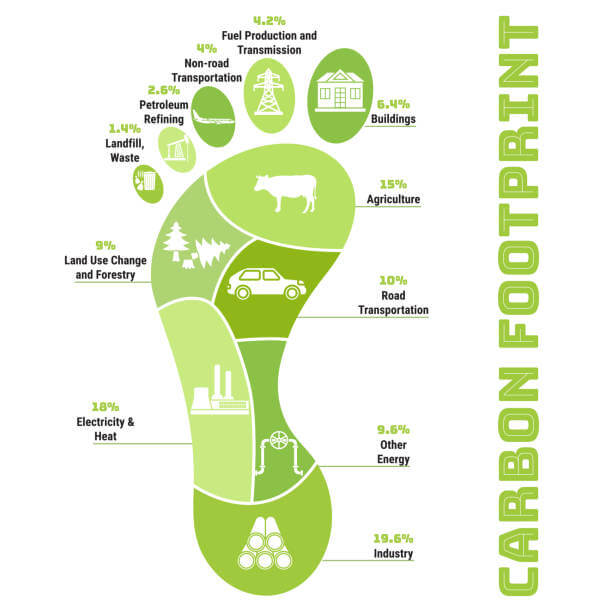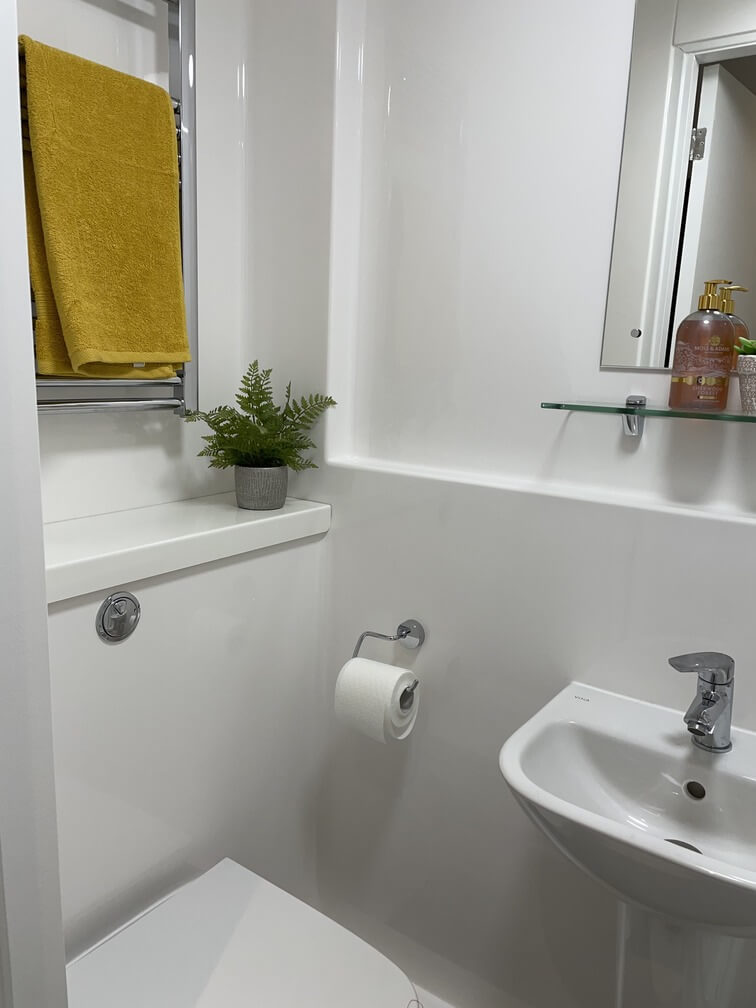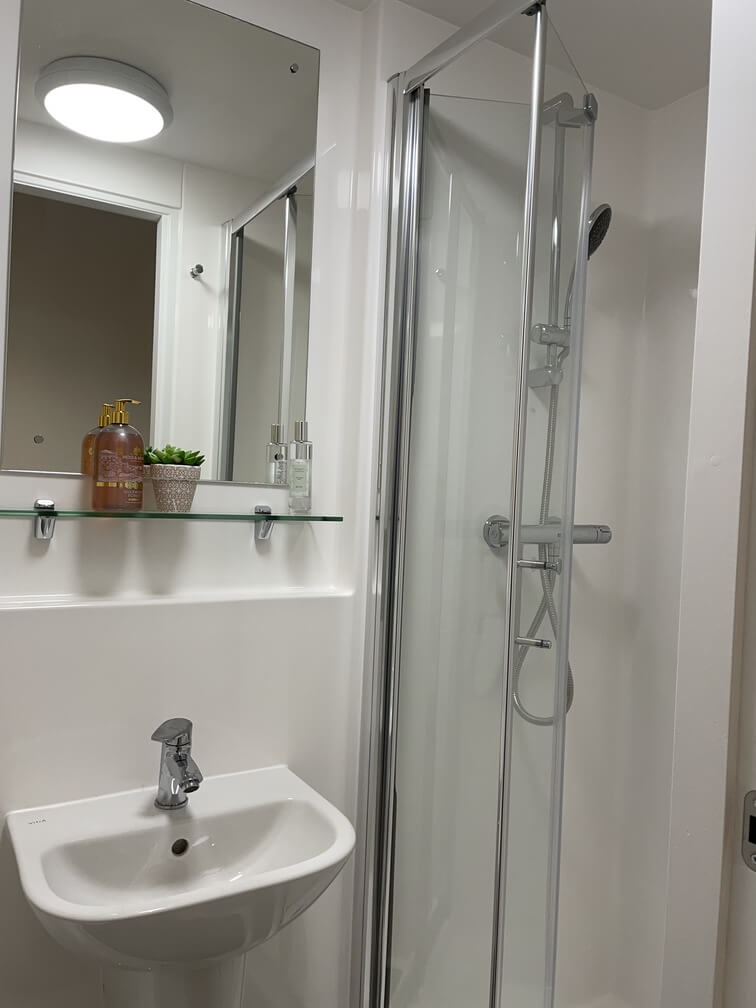Top 5 ways to Reduce your Carbon Footprint

Let’s stop blaming older generations for the current state of the climate. It’s time to take responsibility and make changes. By doing these 5 things, we can make a difference for future generations and animals.
1. Get in those 10,000 steps!
Although it may not be easy to completely stop going to work or school, reducing the amount of fossil-fueled transport we use can have a significant impact on our planet. In fact, 13% of all greenhouse gas emissions come from transportation powered by fossil fuels. It’s worth taking a moment to consider alternative modes of transportation that can be used instead of driving alone.
Next time you’re commuting, ask yourself these three questions:
- Could I have walked, run, or cycled today?
- Do I know anyone who lives close by that I could carpool with?
- Could I have taken public transportation instead?
When you find yourself stuck in traffic or waiting at a stoplight, try turning off your engine to help reduce carbon emissions. While not all transportation has transitioned to electric power, it’s important to plan, rethink, and reduce the amount of fossil-fueled transport we use. Although it may take a decade for electric vehicles to become the norm, we can all take steps to reduce our carbon footprint now.!
2. Reduce, Reuse, Rethink, Recycle, Refuse.
The reason why the 5 Rs is a cliched slogan is because it works!
REFUSE
Stop using plastic and paper in your daily life. Instead, use reusable products. For example, bring a reusable cup with you when you go to Starbucks and you’ll also save 25p on every coffee.
REDUCE
Lessen your food wastage and compost what you don’t eat for your indoor or outdoor plants. Banana peels can make excellent soil for outdoor rose bushes or indoor cacti. If you buy too much food, you can always donate the food you don’t need to your local food bank.
REUSE
Stop putting everything in the landfill! If you can’t repair an item or you no longer want it, donate it to a charity shop or sell it online. You’ll be surprised to find that what’s rubbish to you may be treasure to someone else.
RETHINK
When you’re sitting in traffic, rethink your commute. Could you have taken a bus or train to work instead? This will save you money on fuel, lower traffic congestion, and lessen carbon emissions.
RECYCLE
If your country/county/state doesn’t require you to recycle, start doing it yourself. Set up five different bins in your kitchen for food waste, plastic, cardboard/paper, metal/tin/can, and glass. When each bin is full, take it to the nearest recycling center. This will reduce your landfill waste while recycling your products.
3. How to Cut Down and Go Green
- Solar panels are the most effective but expensive way to cut down on your energy consumption. Installing solar panels in your home is a long-term investment that would pay off. Many companies are now making these more accessible and removing the continuous charges. Contact professional and trusted companies to get advice on how much it would cost and how much cheaper it will make your utility bills.
- Many older homes in the UK cannot hold solar panels on their roofs, but you can still get all the benefits by joining a community solar farm. This option helps if you are on a budget and do not want the commitment of installation. Remote solar farms will still provide the same savings on your energy bills and help the environment.
- Reducing your electricity bill helps your wallet and the environment, so what’s stopping you from cutting down? Stop charging your phone overnight; charge it earlier in the evening until it reaches 100%, then pull the plug out. Turn off the wifi/mobile data on the device, lower the brightness, and leave it by the bed for an alarm. That way, it will keep the charge but not need any more electricity. Also, take your TV plug out, turn the kettle off, turn the lights off, and install a smart meter. Reducing electricity is easy when you try, but if you need any more guidance, visit our blog on the energy bill.
- If you can afford it and have access to off-road parking, why not get an electric car or hybrid? If it’s too expensive, think about purchasing a secondhand EV or hybrid instead.
4. Reducing your consumption of meat and dairy
Have you ever thought about how your food choices are affecting your carbon footprint? According to Mossy Earth, farm animals are responsible for at least 32,000 million tons of CO2 per year, which accounts for 51% of all worldwide greenhouse gas emissions. If we don’t take action to promote more sustainable food production, farming is projected to increase by 80% by 2050, surpassing all forms of transportation combined.
Moreover, the dairy and meat industry is responsible for 91% of Amazon deforestation caused by grazing land and feed crops, resulting in the elimination of numerous plant, animal, and insect species. To combat this issue, we recommend opting for alternative milk and meat options, which are widely available in supermarkets worldwide.
Mossy Earth also states that a person who follows a vegan diet saves 1,100 gallons of water, 20kgs of grain, 30 sq ft of forested land, 9kgs of CO2, and one animal’s life per day. While not everyone can go vegan, small changes like reducing your meat intake on a weekly basis and having meat-free Mondays and fish-only Fridays can make a significant impact. Swapping red meat for white meat or purchasing only wild meat from sustainable and organic agriculture can also help. Additionally, shopping locally and in season can reduce a product’s carbon footprint and travel time.
5. Reduce your water consumption
We are running out of water, and 96.5% of the remaining water is too salty for humans to consume. It’s time to conserve the water we have left and reduce our usage, especially in the shower.
Here are some tips to help conserve water:
- Use less water when cleaning your teeth or washing your face in the morning. Don’t leave the tap running.
- Take shorter showers. If you shower daily or twice a day, limit your shower time to 4-5 minutes. Use a timer or listen to two 2-minute songs or two 2.5-minute songs to help you keep track.
- Only flush the toilet when necessary. Avoid flushing things down the toilet that shouldn’t be flushed. According to Going Zero Waste, one flush can waste up to 5-7 gallons of water.
- Wash dishes by hand instead of using the dishwasher for small loads.
- Join or host a waterway cleanup in your local community to help keep rivers, ponds, and lakes free from plastic and other pollutants. Let’s work together to keep our waterways clean and healthy!
Relo has given you all the tips now you have no excuse -to get out there and lower your carbon footprint!



















